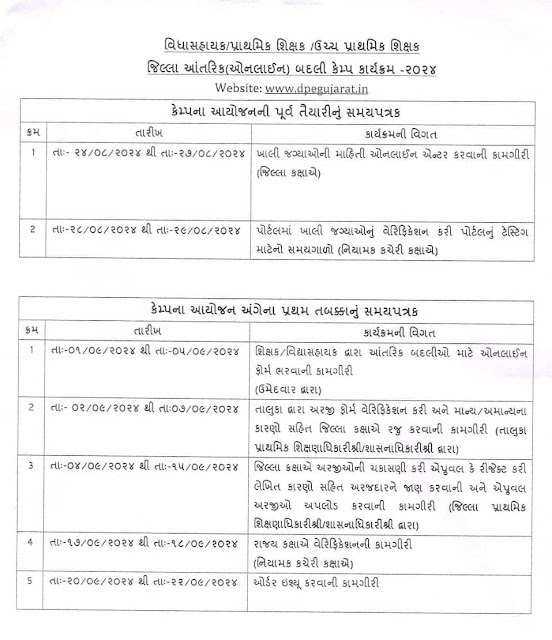14 apriA na roj school ma ujavani karva babte paripatra latest see activity list
B. R. Ambedkar
Bhimrao Ramji Ambedkar (14 April 1891 – 6 December 1956), popularly known as Babasaheb, was an Indian jurist, economist, politician and social reformer who inspired the Dalit Buddhist Movement and campaigned against social discrimination against Untouchables (Dalits), while also supporting the rights of women and labour.[3][4] He was Independent India's first law minister, the principal architect of the Constitution of Indiaand a founding father of the Republic of India.[5][6][7][8][9]
Bhimrao Ramji Ambedkar
| |
In office
15 August 1947 – September 1951 | |
Prime Minister
| |
Preceded by
|
Position established
|
Succeeded by
| |
In office
29 August 1947 – 24 January 1950 | |
Labour Member, Viceroy's Executive Council
| |
In office
1942–1946 | |
Preceded by
| |
Personal details
| |
Born
| |
Died
| |
Political party
| |
Other political
affiliations | |
Spouse(s)
|
Savita Ambedkar (m. 1948)[2]
|
Profession
|
Jurist, economist, politician, social reformer
|
Awards
|
Bharat Ratna(posthumously in 1990)
|
Signature
| |
Ambedkar was a prolific student, earning doctorates in economics from both Columbia University and the London School of Economics, and gained a reputation as a scholar for his research in law, economics and political science.[10] In his early career he was an economist, professor, and lawyer. His later life was marked by his political activities; he became involved in campaigning and negotiations for India's independence, publishing journals, advocating political rights and social freedom for Dalits, and contributing significantly to the establishment of the state of India. In 1956 he converted to Buddhism, initiating mass conversions of Dalits.[11]
Popularly, Ambedkar came to be known as Babasaheb as he was a great liberator. “Babasaheb” is a Marathi phrase which roughly translates as “Father-Lord”[12] as Baba means Father and Saheb is called for Lords and it is a name that is used for ambedkar who is a part of Indian history by his people around the country.[12]
In 1990, the Bharat Ratna, India's highest civilian award, was posthumously conferred upon Ambedkar. Ambedkar's legacy includes numerous memorials and depictions in popular culture.




